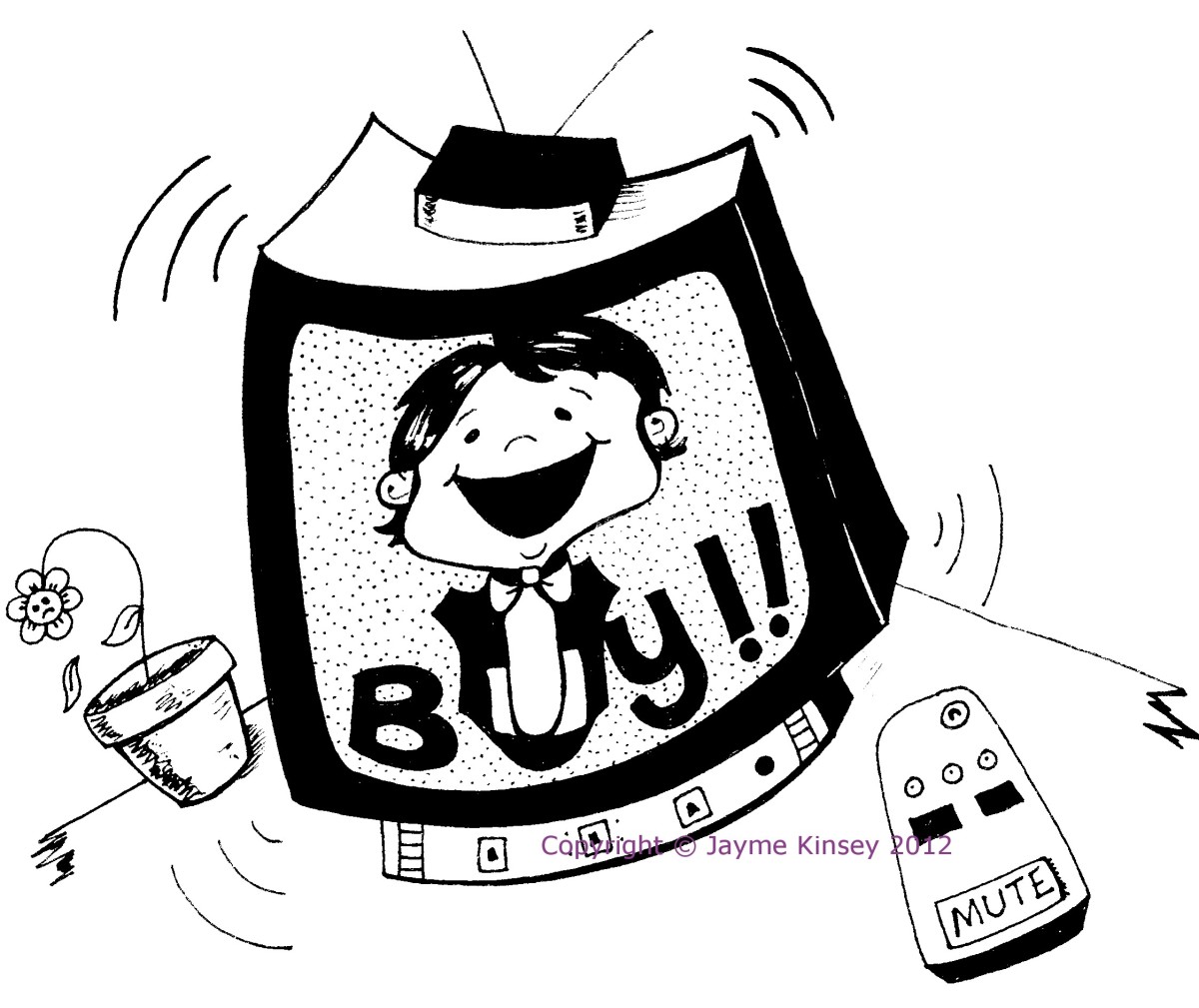
We see this replicated as well in film, through portraying African American women as far older in order to remove sympathy garnering characteristics from Black characters. The reinforcement of the angry Black woman stereotype through media can lead to negative interpretations of Black women's self-expression. The negative portrayals of African Americans in television and film influences perceptions of them in real life. With roots in slavery, the sapphire archetype was further replicated in films, shows, and literature by the early 1930s.

Perpetuation and reproduction of the stereotype The Jezebel constructed a harmful perception of Black women that heavily contributed to their sexual and economic exploitation. During slavery, lighter skinned women were seen as more worthy concubines to wealthy slave owners, whereas darker skinned women were more worthy for harsher labor such as field work. The Jezebel presents as a slave construct, depicting Black women as "promiscuous" and "lustful". Similar to the Sapphire, this trope was used as a justification for the harassment and assaults against Black women, as this painted them as inherently tempestuous and beguiling. The Jezebel is a stereotype used to refer to fair-skinned, slimmer, and lighter-eyed Black women, becoming hyper-sexualized by America and its media soon after the Mammy trope began its decline. It was utilized as a means to prove oppression was not as imminent of an issue, if Whites accepted Black women who acted according to this caricature. The term has also been generalized to refer to Black women who show extreme emotion.

This archetype characterizes the Black woman as experiencing disappointment, displeasure, bitterness or rage because of her significant other. The Sapphire archetype painted enslaved women as impure, strong, masculine, dominant, and aggressive who drove their children and partners away. Negative caricatures of Black women historically justified their exploitation. The Sapphire poses as a persistent nagger, complaining not in hopes of a solution, but rather because she herself is bitter. The Sapphire is often seen as abusive, possessing a strong need to dominate, and looking for opportunities to project her own unhappiness upon others. The Sapphire is thought to be closely related to the Mammy, though instead of a comforting demeanor, she is far more sexualized. Aside from being depicted as unnecessarily loud and violent, Sapphires were also known to have an insatiable desire for African-American men. According to the stereotype, Sapphires were perceived as malicious and stubborn, with an overbearing nature. Sapphire is a term associated with the most dominant portrayals of Black women. Black women, consequently, experience a unique form of discrimination from black men and white women and cannot only be judged based on the singularities of race or gender. In her Ted Talk, Crenshaw explains that black people experience a unique discrimination from white people, and women experience a unique discrimination from men. Īuthor and Professor of Law at Columbia University and at the University of California, Los Angeles Kimberlé Crenshaw defined and pioneered the analysis of the term "intersectionality" which describes this dual conflict experienced by black women specifically. Harris-Perry who contends, ".because passion and righteous indignation is often misread as irrational anger, this image can be used to silence and shame Black women who dare to challenge social inequalities, complain about their circumstances, or demand fair treatment". She defines the pervasive Sapphire/ABW image as "a template for portraying almost all Black women" and as serving several purposes. Ĭarolyn West categorizes the Angry Black Woman (ABW) as a variation on the Sapphire stereotype or, colloquially, "Sistas with Attitude". Related concepts are the " Sapphire" or " Jezebel".Īmong stereotypes of groups within the United States, the angry black woman stereotype is less studied by researchers than the Mammy and Jezebel archetypes. The angry black woman stereotype is a racial trope in American society and media that portrays Black American women as inherently ill-mannered and ill-tempered. JSTOR ( May 2018) ( Learn how and when to remove this template message).

Unsourced material may be challenged and removed.įind sources: "Angry black woman" – news Please help improve this article by adding citations to reliable sources.

This article needs additional citations for verification.


 0 kommentar(er)
0 kommentar(er)
